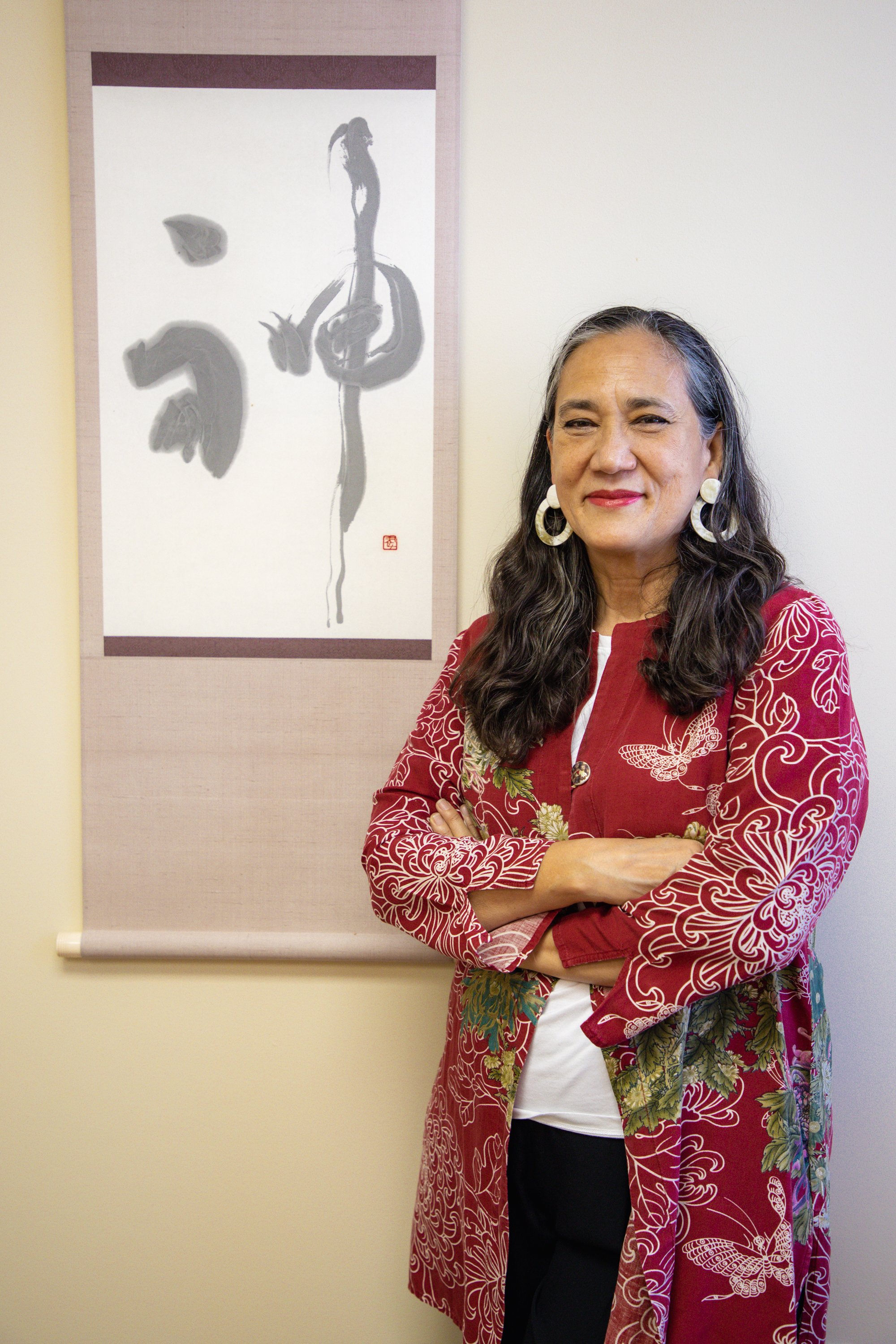Does Your Spending Suffer From a Madonna/Whore Complex?
"Madonna at Sticky & Sweet Tour with a Like a Virgin impersonator.jpg" by Supermariolxpt is licensed under CC BY-SA 2.0. To view a copy of this license, visit https://creativecommons.org/li....
Are the things you want to spend on “dirty”?
Do you treat money differently depending on its source?
If so, you may have a madonna/whore complex about the objects of your desire. In psychology, this syndrome is defined by Freud (via Wikipedia) as "Where such men love they have no desire and where they desire they cannot love." Translation: “Good girls” are lovable, but not sexy. “Sexy girls” are not marriage material.
I’ll spare you my feminist rant.
Instead I’m going to introduce you to an even more common and subtle double standard, one that you indulge in regardless of your gender.
It’s your money double standard.
If you have “sacred” and “profane” buckets for your money, your money decisions will be contaminated by your unconscious biases.
Your “madonna” money won’t benefit from your drive, and your “whore” money will wilt under your contempt.
Say you’re trying to decide what to do with an $10,000.00, and see how your decision-making is affected by the circumstances around which you got that money.
If you won it at the lottery
If it was an inheritance from a beloved or someone you hated
If it represents hours and hours of overtime
If it’s the bonus you got instead of the $20,000 one you should have received
If it’s the proceeds from a successful investment
If it’s what’s left after your money-losing foray into crypto
If it’s an insurance settlement from an accident where you were hurt
If it’s a tax refund
If it’s the year’s proceeds from your side hustle
It’s worth the same $10,000.00, right?
On paper, you should make the same decision about that money, no matter the source – whether to pay down debt, invest, give it away or spend it strictly for pleasure. Instead, you’ll probably find that you feel differently about that $10,000 depending on where it came from, and those feelings will affect what decisions you make about that money.
It’s hard to separate your feelings from your money.
No biggie. You’re only human. You are a homo sapiens, not a homo economicus.
But taking a minute to tune in to how your feelings are influencing your money thoughts and decisions will create clarity. Just that little bit of separation between the emotion and the financial decision will help you become so much more intentional about your money.
You’ll no longer have knee-jerk reactions to fleeting emotions.
This is a good thing, because your feelings change every few seconds, but your money decisions, once made, are stickier.
But it’s not just the source of money you hold to a double-standard.
You also unconsciously devalue or ascribe value to your spending.
Why is it that you would never dream of bargaining at the Hermes store? Why do you not pay attention to the cumulative effect of many small bad money decisions, but gloat over saving $100 after spending hours researching the best deal on a washing machine? Why is spending on your kids more virtuous than spending on yourself?
It’s because you don’t think of spending your money in terms of how best to allocate your capital.
You use money to manage your feelings.
That’s not unusual. But pay attention to what spending you consider saintly, and why. Notice what “evil” spending feels like. See any patterns? Any contradictory logic?
The sooner you separate the management of your money from the management of your feelings, the better job you’ll do in cultivating your riches, inner and outer.
For more thoughts and ideas on financial intimacy, subscribe to my weekly newsletter Cultivating Your Riches.





